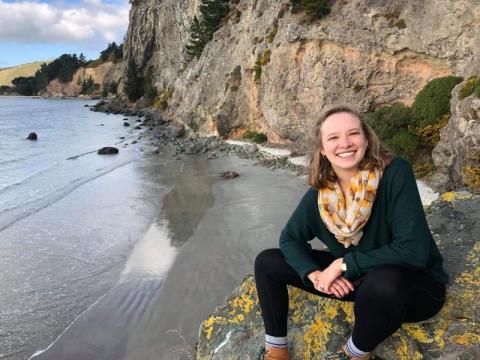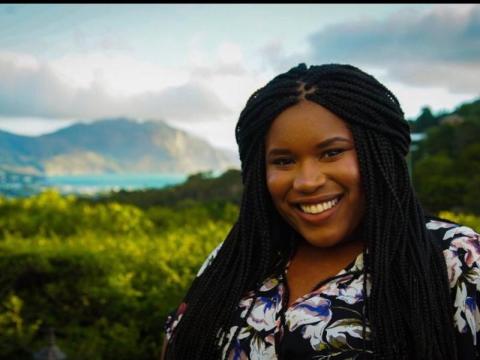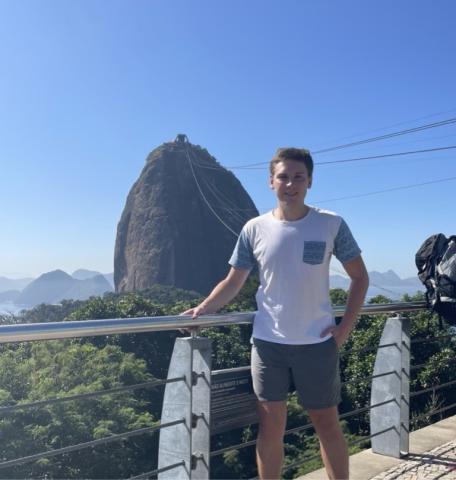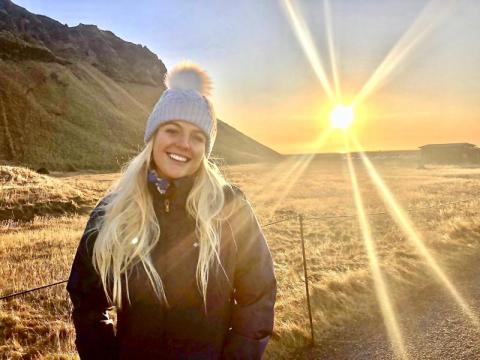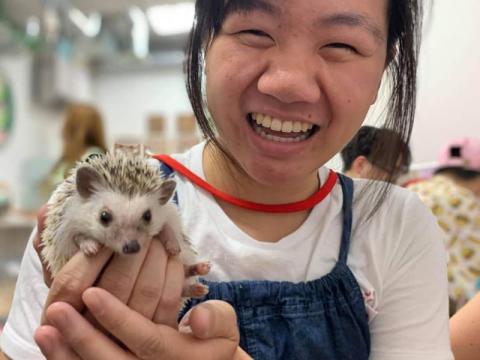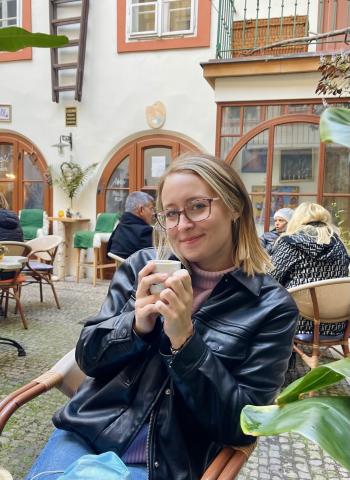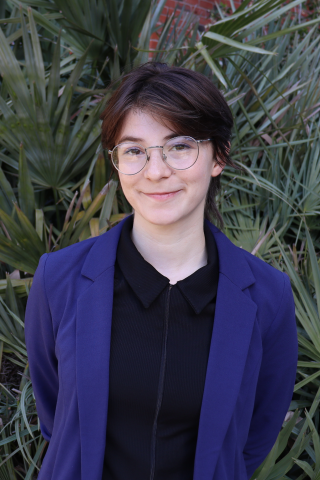Emilie Redmann
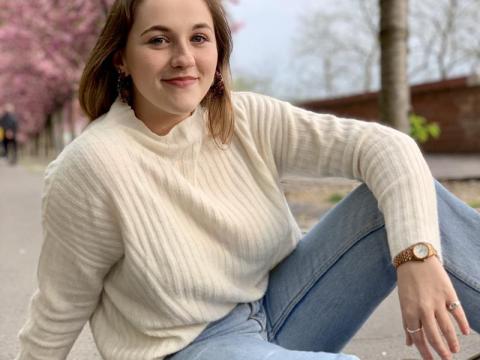
Biography
Name: Emilie Redmann, Class of 2020
Email: emilieredmann@gmail.com
Program: University of Bristol, England, Spring 2019
Fields of Study: Psychology, Theatre and Gender & Sexuality Studies Minors
How did studying abroad affect your academic and/or professional career?
I got to experience a very different type of educational atmosphere while abroad. In Europe, university is very independent and specialized, so much of my coursework was completed on my own time. I rarely ever had to meet in a physical classroom! But this proved to me that I could engage with material in a whole new way and on my own terms, which was really beneficial to me going into my senior year at Tulane.
How did you explore your hobbies, interests, and passions abroad?
I joined two clubs at my uni, the sketch comedy and improv clubs, which was hands-down the best way to make friends. There was something so empowering about performing in a different country and learning all of the things that people there thought were funny. I made so many great connections through joining those clubs, I was able to travel and go to places I would never have known about otherwise, and I gained a lot of self-confidence from being able to go to a different place and still relate to others on things that I was passionate about.
Why would you recommend your respective abroad program or location?
Bristol, England was such an amazing city. It was similar to London in that it was a city - no rolling hills or picket fences like in the English countryside - but it was small enough that I could walk from one end of the city to the other if I really wanted to. It was filled with nightlife, LGBTQ+ culture, art, music, and so much more. It was close enough to other parts of England that I could travel on the weekends and be back on Monday for classes. Similarly, it was really a student city: there were student discounts at every shop and student-run events every night, so I always felt like I was a part of the community. I highly recommend Bristol and the University of Bristol for independent students who want a very different experience from what they've had at Tulane, and who are willing to go outside of their comfort zone to experience all that England has to offer!
What should students consider when applying and preparing for their time abroad?
In my personal experience, I would make sure that you know ahead of time what credits you need/want for your time abroad - go see your academic and major advisors several times and compare the course options at your abroad university and Tulane ahead of time. Having all that ironed out before you leave takes so much stress off of you when you arrive. Also, I would say that the best way to choose where you want to go is to figure out what you want to get out of your abroad experience: good schooling, a fun experience, cultural immersion. It's important to think about what you want to get out of your abroad experience and tailor your search to that. Lastly, I would be realistic about what to expect: no matter where you go, it is going to be an adjustment and that takes time. Culture shock is real, even if the place you are studying in is very similar to your home country.
Share a story about a time you experienced cultural immersion.
My first sketch comedy workshop in Bristol was definitely a learning experience. I went into a room full of people who grew up in a different country than I did, so they all knew about cultural figures, slang, and expressions that I had no idea what they meant. It was the first time that I realized that I was in a totally different world than I had been used to, and I had to just listen, use context clues, and ask questions when I needed to in order to figure out how we could come together to write sketches on things that we both knew about and had in common. Over time, I was able to pick up on references that my British friends made and jokes they told, but it took a while for me to get used to it.

